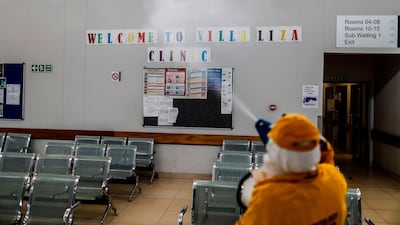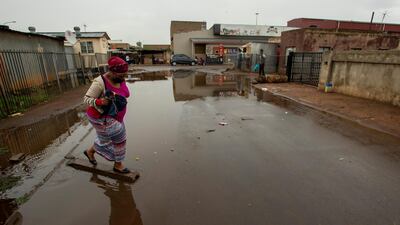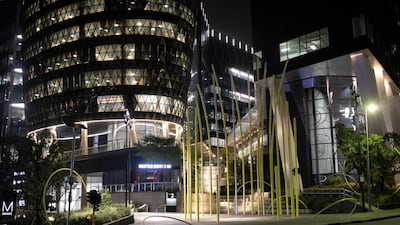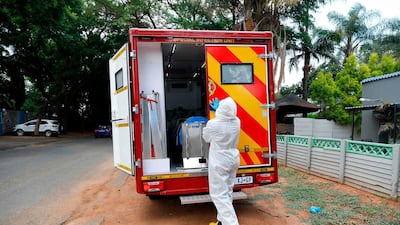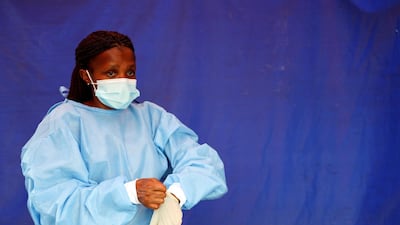The Covax initiative, which seeks to ensure equitable global access to Covid-19 vaccines, hopes to deliver a dose to 3.3 per cent of the populations of 145 countries by the end of the first half of 2021.
An interim report by the UN-backed facility said 337 million doses should be enough to protect the most vulnerable groups, such as health workers, in countries that face difficulties in obtaining vaccines.
It is expected that more than 100 million doses will be delivered by the end of March.
Almost all of the distribution in the first half of the year will come from UK pharmaceutical company AstraZeneca and its Indian partner, the Serum Institute of India.
This is contingent on the World Health Organisation authorising the AstraZeneca vaccine for emergency use, which is likely to happen later this month. It also depends on the readiness of countries.
A new study by the University of Oxford suggests that the AstraZeneca vaccine could cut the spread of the virus by two thirds and is highly effective after one dose.
Pfizer-BioNTech will contribute 1.2 million doses of its vaccine in the first quarter of the year, but the extremely cold conditions it must be kept in has meant challenges in supply to poorer countries.
Covax - co-led by Gavi, the Vaccine Alliance, the World Health Organisation and the Coalition for Epidemic Preparedness Innovation - seeks to distribute 2 billion vaccine doses to the world by the end of the year.
It has received over $6 billion of the $8 billion needed to cover procurement and distribution to the poorest countries.
“With these indicative allocations, governments and public health experts can now initiate the steps needed for a successful initial roll-out of Covid vaccines to frontline healthcare workers – the first part of the largest vaccine procurement and supply operation ever mounted,” said Unicef director general Henrietta Fore at a press conference.
Separately, she announced a new long-term deal that would see 1.1 billion doses supplied by India’s Serum Institute and AstraZeneca, and Novavax, over the coming years.
Each dose would cost around $3 for low and middle income countries.



